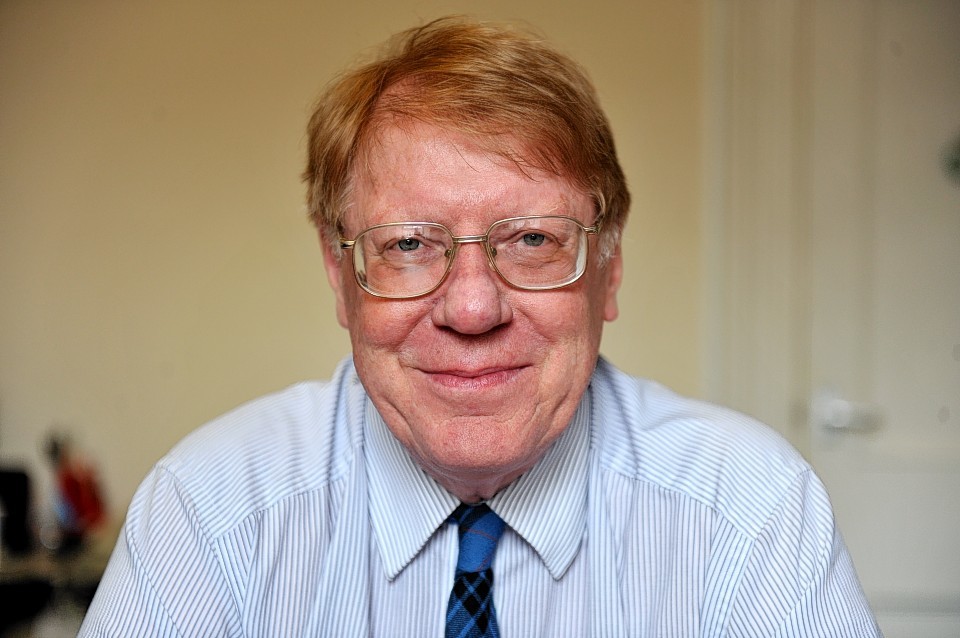A north economist has cast doubt on the viability of proposed City Region Deals from the UK Government, describing the move as a pre-election ploy from “cheerleader” Danny Alexander.
Both Aberdeen and Inverness are in line to be granted the special status, which could lead to billions of pounds of investment in infrastructure and new powers for local authorities.
Council leaders in the north and north-east last week welcomed a Budget announcement from Chancellor George Osborne that formal negotiations with government officials would start in earnest.
But Inverness-based Tony Mackay, in his latest north-east monthly economic report published yesterday, said he was “scepitcal” about the plans “for various reasons”.
He said: “There are suggestions it is something of a pre-general election initiative by the current coalition government and that some of the details may unravel after the election in May.
“My other doubts include a lack of objective evidence about the actual impacts of the existing City Deals in England. Thirdly, where will the additional funds come from?
“There are huge constraints on public spending in Scotland, at both the national and local authority levels. Fourthly, what are the implications of City Deals for the rest of the country? An obvious conclusion is that resources will be reduced in the rural areas, which will not go down well there.”
Aberdeen’s ambitious bid aims for nearly £3billion worth of infrastructure improvements over the next 20 years, coupled with an economic strategy focusing on securing its “world energy city” status.
Both Aberdeen City and Aberdeenshire councils have also committed to capital investment plans totalling £1.4billion in the coming decade.
A total of 26 city deals have been confirmed across the UK since the coalition government came to power.
Glasgow became the first Scottish city to secure the status last year, winning £1.2billion in UK and Scottish government funding, as well as loan money.
Each agreement is different depending on the needs of the local area, but all aim to provide extra levers to boost growth, including direct funding, greater borrowing powers, the ability to “earn back” tax from the Treasury, control of transport budgets and the ability to develop specialised skills programmes.
A spokesman for Mr Alexander, chief secretary to the Treasury, described City Deals as “a great Liberal Democrat success story”.
He said: “They are helping unlock the social and economic energy of our great cities and regions.
“The Liberal Democrats have been calling for Home Rule and devolution to communities for generations and we have been securing City Deals around the UK for all of the last five years.
“The Smith Commission agreed with Danny’s call for far more devolution across Scotland too. City deals help deliver that. And far from weakening neighbouring areas, they will create wealth which can invigorate entire regions.
“They inspire communities and unlock economic and social growth. They deserve the support of everyone who supports the idea that, where possible, decisions are best made locally by the people that best understand the issues and have the greatest stake in successfully resolving them.”
